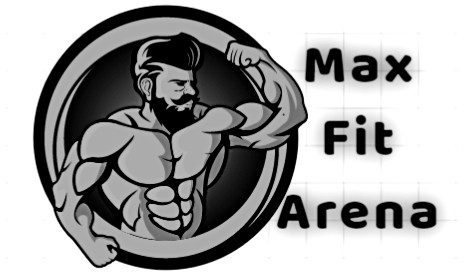What activities cause a hernia? Sad Truth
Introduction
Tough question! What activities cause a hernia?
We’ve all heard the phrase “cause a hernia,” but what does that mean? A hernia is essentially an out-pouching of an organ or tissue through a weakened area in the abdominal wall.
While some people may be born with a condition that predisposes them to develop a hernia, several activities can also increase your risk of developing one. Let’s take a look at what activities cause a hernia and how you can prevent it.

What activities cause a hernia?
Certain activities may increase the likelihood of a hernia, including:
- Lifting heavy objects or straining to lift objects
- Excessive coughing or sneezing
- Pushing and pulling heavy items
- Bending over for long periods
- Sports activities such as weightlifting, football, and rowing
- Chronic constipation or straining during bowel movements
Lifting heavy objects or straining to lift objects
Lifting heavy objects or straining to lift objects puts too much pressure on the abdominal muscles and causes them to tear, which can lead to a hernia. This type of hernia is known as an inguinal hernia and results when either the intestine or a portion of the fatty tissue in the abdomen bulges out through a weak spot in the abdominal wall. It is one of the most common types of hernia.
Excessive coughing or sneezing
When excessive coughing or sneezing puts too much strain on the abdominal wall, it can weaken the surrounding muscles and create a tear in the tissue. This tear acts as an opening for organs to push through and form what is known as a hernia.
Depending on the size of the hole created in the abdominal wall, different types of hernias can occur – such as inguinal (in the groin), umbilical (around the belly button), femoral (in the upper thigh), or incisional (following surgery).
Pushing and pulling heavy items
Pushing and pulling heavy items can also put a strain on the abdominal wall, potentially leading to a hernia. This is especially true when the person carrying out these tasks has a weakened core or uses improper techniques such as bending with their back instead of their legs.
Regularly pushing or pulling heavy items can weaken the muscles in the abdominal wall, making it more vulnerable to tears and hernias.
Bending over for long periods
Bending over for long periods can also put a strain on the abdominal wall, potentially leading to a hernia. When people turn over, they often bear their weight on their back, which can ultimately lead to poor posture and muscle imbalances. This can weaken abdominal muscles and make them more prone to tears, leading to the development of a hernia.
Sports activities such as weightlifting, football, and rowing
Sports activities such as weightlifting, football, and rowing can cause hernia through the exact mechanisms as those mentioned above. Repeatedly engaging in strenuous or heavy physical activity can place strain on the abdominal wall and weaken muscles, leading to a hernia.
Additionally, it is important to maintain proper form and technique when taking part in these activities to reduce the risk of injury.
Chronic constipation or straining during bowel movements
Chronic constipation or straining during bowel movements can also cause a hernia due to the increased intra-abdominal pressure placed on the abdominal wall. Straining increases tension in the abdomen and can lead to muscle imbalances, weakening the abdominal muscles and making them more prone to tears. This can ultimately result in a hernia.
What are the first signs of a hernia?
The first signs of a hernia can vary, but generally include:
- Pain in the affected area, which may become worse with activity or coughing/sneezing
- A feeling of heaviness or pressure in the area
- A bulge underneath the skin that is visible when you strain or press on it
- Weakness or aching in the groin area
How to avoid hernia?
To avoid a hernia, you should:
- Avoid straining during bowel movements
- Exercise regularly to strengthen abdominal muscles
- Maintain a healthy weight and body fat percentage
- Wear a supportive belt when lifting heavy objects
- Stop smoking if applicable
- Avoid activities that place sudden or excessive stress on your abdomen
Conclusion – What activities cause a hernia?
Hernias can be extremely uncomfortable and painful conditions which is why it’s important to understand what activities increase one’s risk of developing them. Heavy lifting, intense exercise, push-ups, chronic coughing/sneezing—all of these activities put extra strain on the abdomen which could lead to weakened spots in the abdominal wall.
Following proper form when lifting weights, taking breaks while exercising intensely, and taking antihistamines before going outdoors are all great ways to reduce your risk of developing a hernia—so keep these tips in mind!
